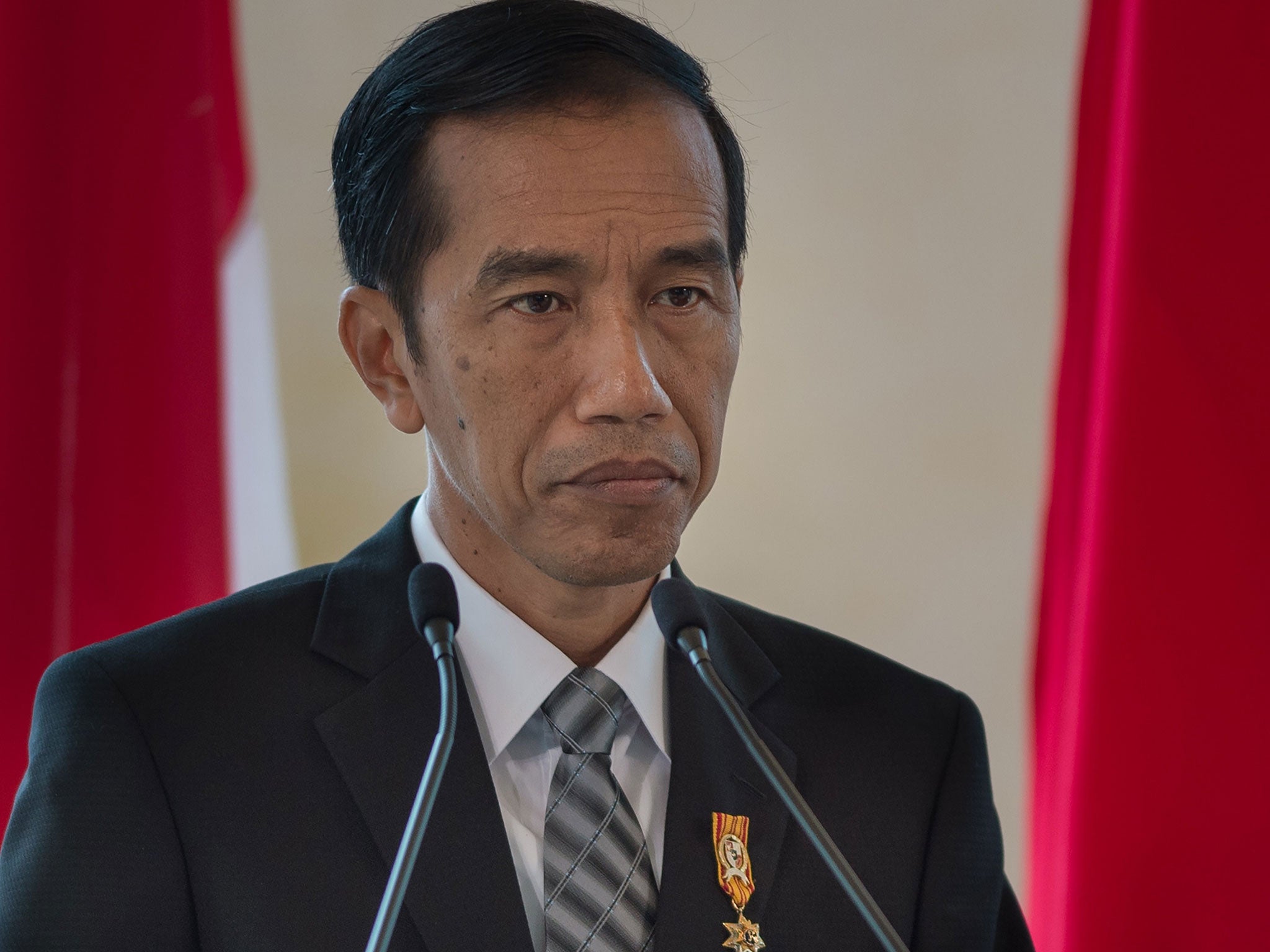Indonesia introduces death penalty and castration for child rapists
The move follows public outrage at rising levels of violent crime against children

Your support helps us to tell the story
From reproductive rights to climate change to Big Tech, The Independent is on the ground when the story is developing. Whether it's investigating the financials of Elon Musk's pro-Trump PAC or producing our latest documentary, 'The A Word', which shines a light on the American women fighting for reproductive rights, we know how important it is to parse out the facts from the messaging.
At such a critical moment in US history, we need reporters on the ground. Your donation allows us to keep sending journalists to speak to both sides of the story.
The Independent is trusted by Americans across the entire political spectrum. And unlike many other quality news outlets, we choose not to lock Americans out of our reporting and analysis with paywalls. We believe quality journalism should be available to everyone, paid for by those who can afford it.
Your support makes all the difference.Indonesia has introduced the death penalty and chemical castration for child rapists.
President Joko Widodo said the sanctions “intended to overcome the crisis caused by sexual violence against children”, the BBC reports.
The maximum sentence for rape, of a child or an adult, was previously 14 years in prison.
Those jailed for child sexual offences may also be electronically tagged after their release.
The change follows public outrage over rising levels of violent crimes in the past year, including the gang-rape and murder of a 14-year-old girl as she walked home from school on the western island of Sumatra last April.
It was introduced by presidential decree and will come into effect immediately, although the country's parliament could overturm the measure at a later date.
President Widodo was elected in 2014, having previously served as mayor of Surakarta and governor of Jakarta.
Having allowed the implementation of the death penalty on a widespread basis against convicted drug users and traffickers, his stance on execution has drawn international scrutiny.
Brits Lindsay Sandiford, from Teeside, and Gareth Cashmore, from Yorkshire, are among those currently on death row, facing death by firing squad, after being convicted of drug smuggling.
Last April, the country was widely condemned after a group of prisoners was executed on Nusakambangan Island – including Australian men Andrew Chan and Myuran Sukumaran, Brazilian Rodrigo Gularte, Nigerian men Martin Anderson, Sylvester Nwolise, Okwudili Oyatanze and Raheem Salami, and Indonesian Zainal Badarudin.
Join our commenting forum
Join thought-provoking conversations, follow other Independent readers and see their replies
Comments